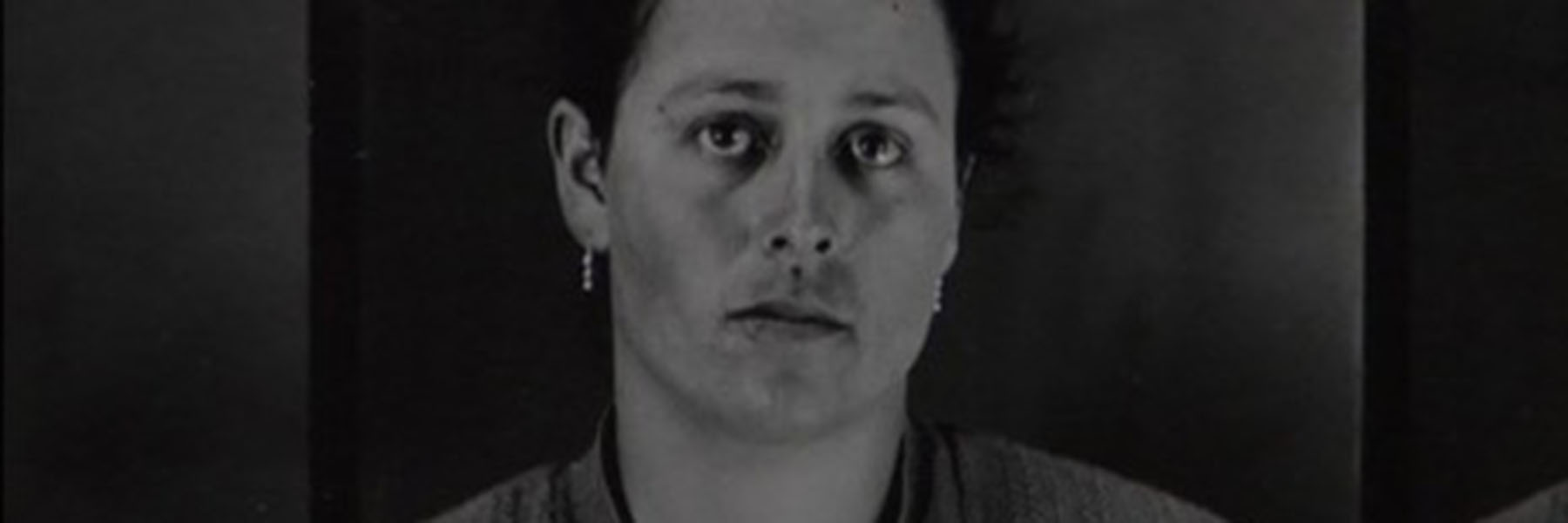"Luz Obscura" is directed by Susana de Sousa Dias, who attended the event to discuss the film. Utilizing material gathered in archives of the Portuguese political police, "Luz Obscura" mines the psychological aftermath of the António Salazar dictatorship. The film is composed of still images, often mug shots and other official photographs of identification–images produced by and in service of the state–with intimate voice-over commentary. Through modes of testimony, witness, and archive, the films explore and reveal how overarching structures of power operate within and mold family and community. In Portuguese with English subtitles.
Susana de Sousa Dias is an award-winning Portuguese independent filmmaker. In 2014 she received a Ph.D. in fine-arts video from the University of Lisbon, with a thesis on archive footage and decelerated movement, a theoretical work that accompanied the making of her second long feature essay documentary. She is co-founder of the production company Kintop where she works as director and editing consultant. From 2010-2012 she was a member of the board of the Portuguese Documentary Association APORDOC, and in 2012 she formed a women collective who directed for two consecutive years the Lisbon International Documentary Festival Doclisboa. She engaged particularly in the creation of new sections of the festival such as “Cinema of Urgency” and “Passages” (documentary and contemporary art). One of the most notorious aspects of her work is the artistic integration of archival footage dating from the Portuguese dictatorship (1926-1974). She teaches New Media at the Faculty of Fine Arts of the University of Lisbon and is an author of diverse essays on cinema, mainly dealing with subjects related to her own work.
This event was part of the film series, “Women Filmmakers at the Intersection of Documentary, Video Art, and Avant Garde,” curated by Joshua Malitsky and Masha Vlasova. This series was sponsored by the Center for Documentary Research and Practice; the School of Art, Architecture + Design; and IU Cinema. This partnership was supported through IU Cinema’s Creative Collaborations program and the College Arts and Humanities Institute.


